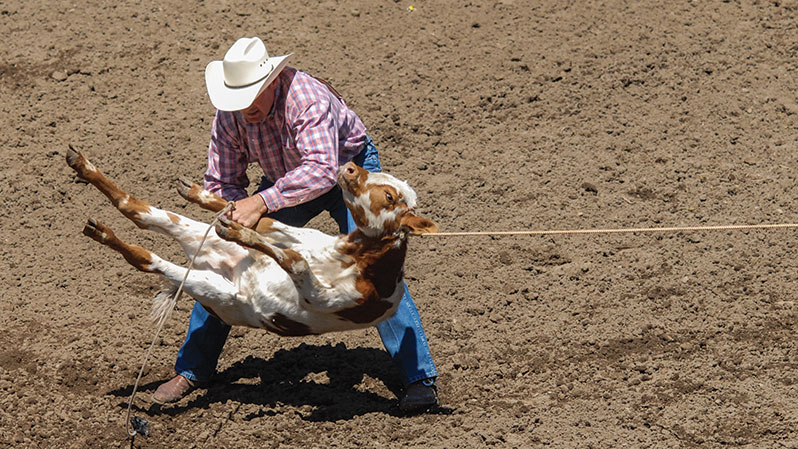In the “Seek Truth & Report It” section: (our recommendations are in bold)
- Give voice to the voiceless (including marginalized human groups, nonhuman animals, and advocates on behalf of nature).
- Boldly tell the story of the diversity and magnitude of the human and animal experience. Seek sources whose voices we seldom hear. Be inclusive of all relevant stakeholders in the story (nonhuman animals included) and incorporate multiple perspectives on issues for fairness and diversity.
The new codes for 2014 still advise to “avoid stereotyping” but no longer list categories. We suggest that “species” be considered among the implied categories. For example, “avoid stereotyping by race, gender, age, religion, ethnicity, geography, sexual orientation, disability, species, physical appearance or social status.” In the same way journalists would hope to avoid racism, sexism, agism and other biases in their reporting, adding “species” calls attention to a common speciesist bias where humans privilege their own species over other animal species.
In the “Minimize Harm” section:
Ethical journalism treats sources, subjects, colleagues, and members of the public as individuals deserving of respect. (we suggest replacing “human beings” with the more species-inclusive term “individuals”)
For citation purposes, this page was last updated September 2016.

